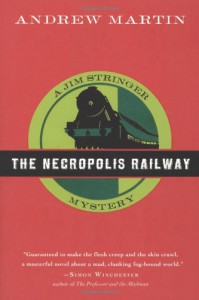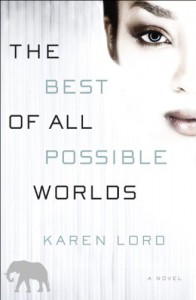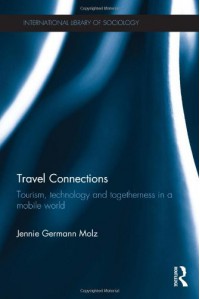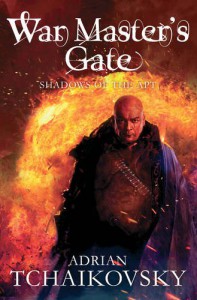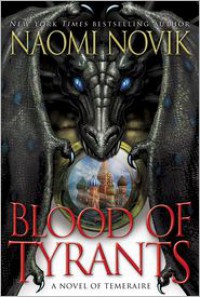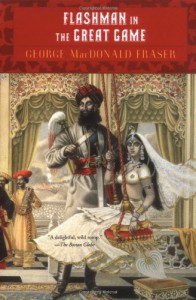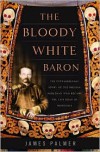 Not nearly weird enough. Jennings talks to various map enthusiasts, from geocachers to Geography Bee contestants to antique map collectors, and they all turn out to be pretty normal people who like maps a lot. Ok. There are some interesting tidbits of map and geography trivia scattered around, but most of it is fairly, er, trivial. Not the good kind of trivia. The part about maps in fantasy (thanks to Jenning's college roomate, Brandon Sanderson,) was particularly weak and pedestrian, and probably Everything That Is Wrong With Fantasy today. Also, get off my lawn.
Not nearly weird enough. Jennings talks to various map enthusiasts, from geocachers to Geography Bee contestants to antique map collectors, and they all turn out to be pretty normal people who like maps a lot. Ok. There are some interesting tidbits of map and geography trivia scattered around, but most of it is fairly, er, trivial. Not the good kind of trivia. The part about maps in fantasy (thanks to Jenning's college roomate, Brandon Sanderson,) was particularly weak and pedestrian, and probably Everything That Is Wrong With Fantasy today. Also, get off my lawn.The most intriguing current in the book, however, was drawing attention to a curious everpresent tension in geography, or possibly just in geography-nerds. There's a bi-polar quality to the interest: on the one hand, geography is vastly holistic, trying to put together layers and layers of different information to aspire to intricately complex wholes. On the other hand, there's also a certain preoccupation with the incredibly minute and finicky - lists of countries, cities, rivers. Jennings' nerds' map-love often manifests as a variety of obsessive lists of spots to visit, facts to know, things to rank and other generally, er, spectrumy behaviours. All countries. All McDonalds. All meridian intersections.
Travel and exploration are - supposedly - about unpredictable adventure and discovery, but the book stresses that odd feeling of standing at 3 or 4-way border or at the smallest roundabout or any meaningless but utterly pleasing location like that. Is that contradictory, or do those two facets compliment one another? It is all about having some control of the landscape, if only in your own head? A sense of having ferreted out its secrets? It it about connection to what's around you in the face of social isolation? I don't know, but I know I've had the conversation Jenning's recounts as a typical geography student anecdote.
"Geography? So, like, you can name every capital city?" Someone asks me.
"Don't be absurd, that's not it."
"So what do you study?"
Sheepish silence.
"Er, everything," I am forced to eventually admit. "And the way it fits together. Um, spatially."
But I usually don't admit that I can totally name a lot of capital cities, and that is makes me really happy .
Have a map:



